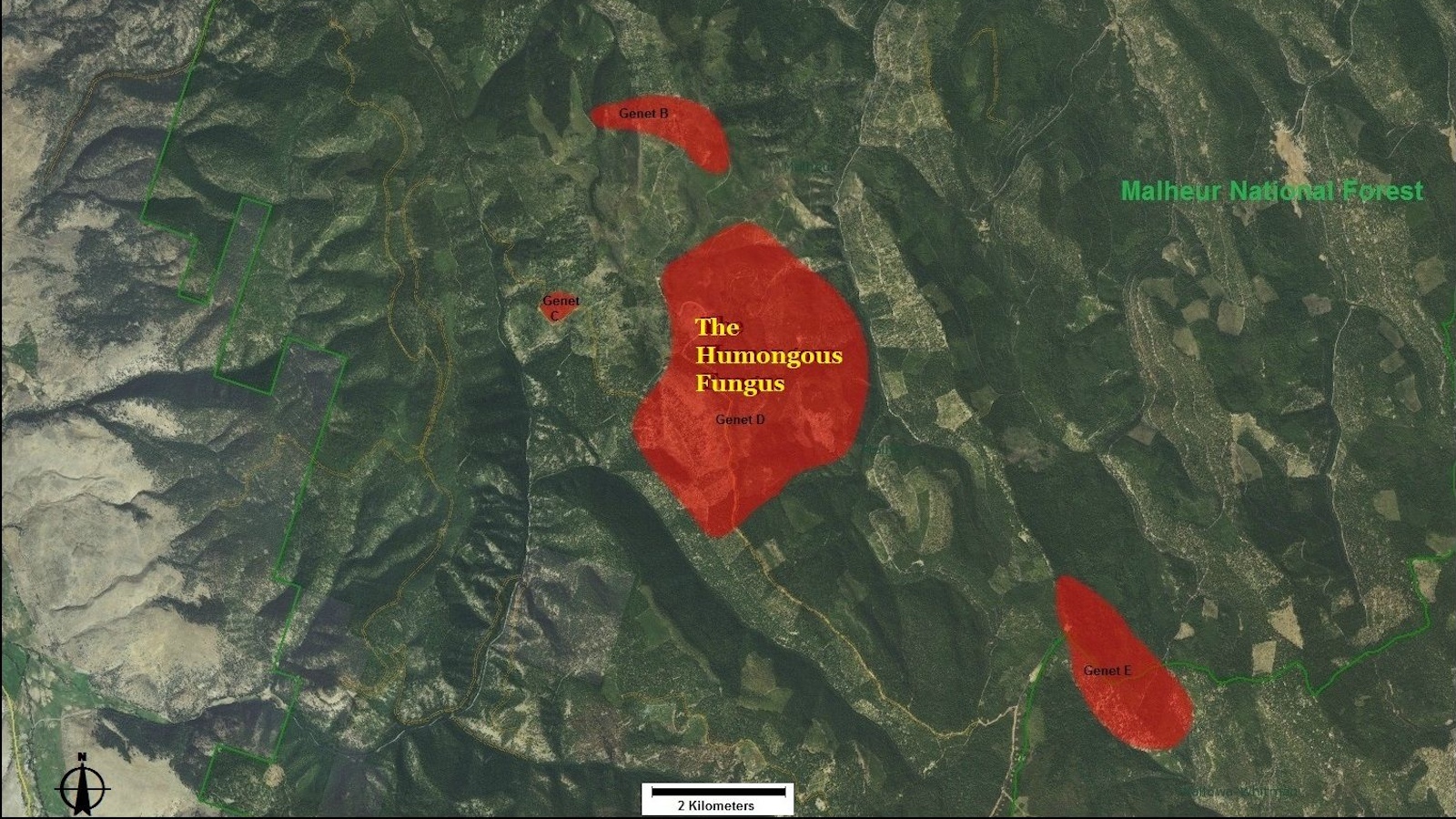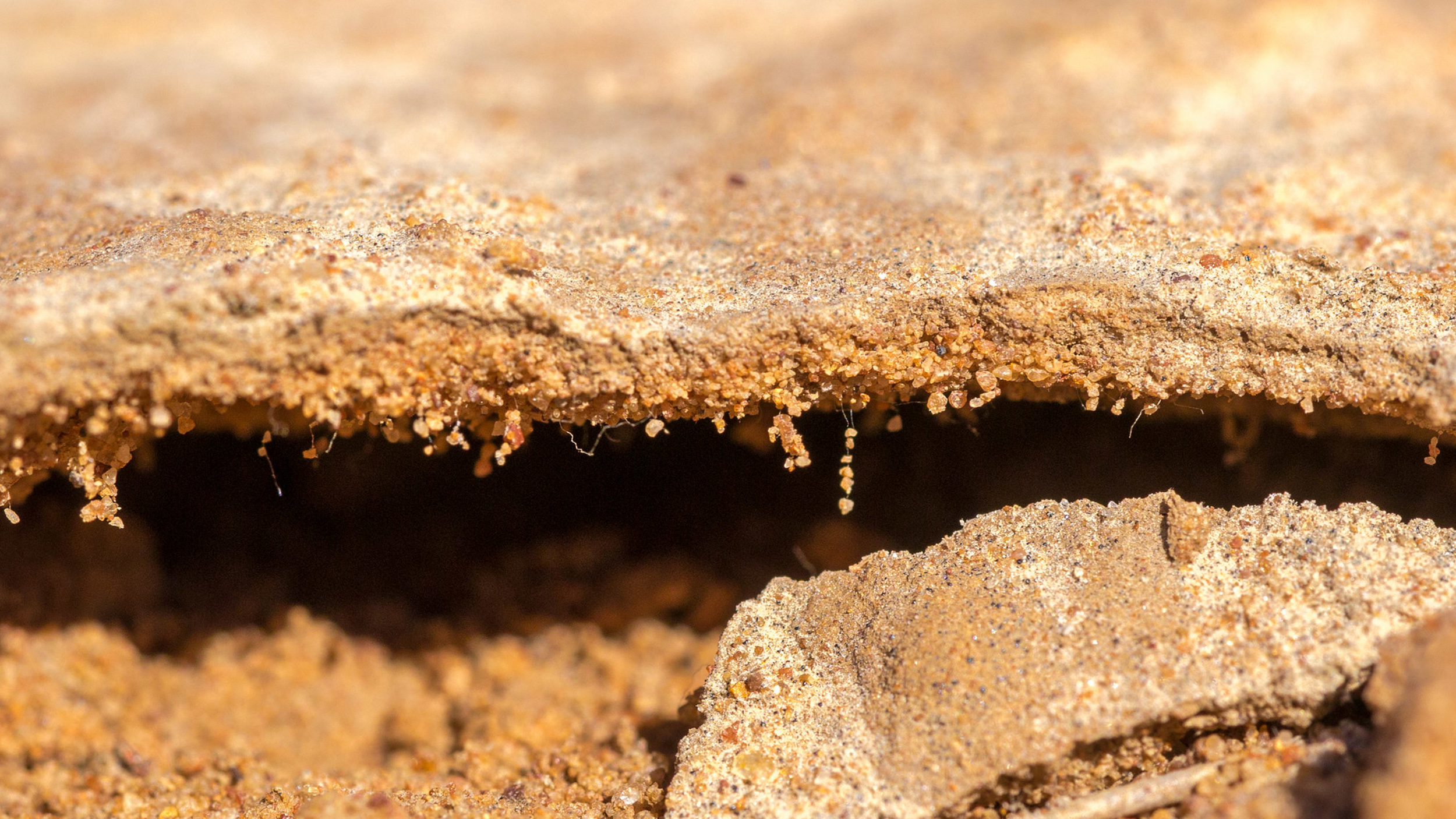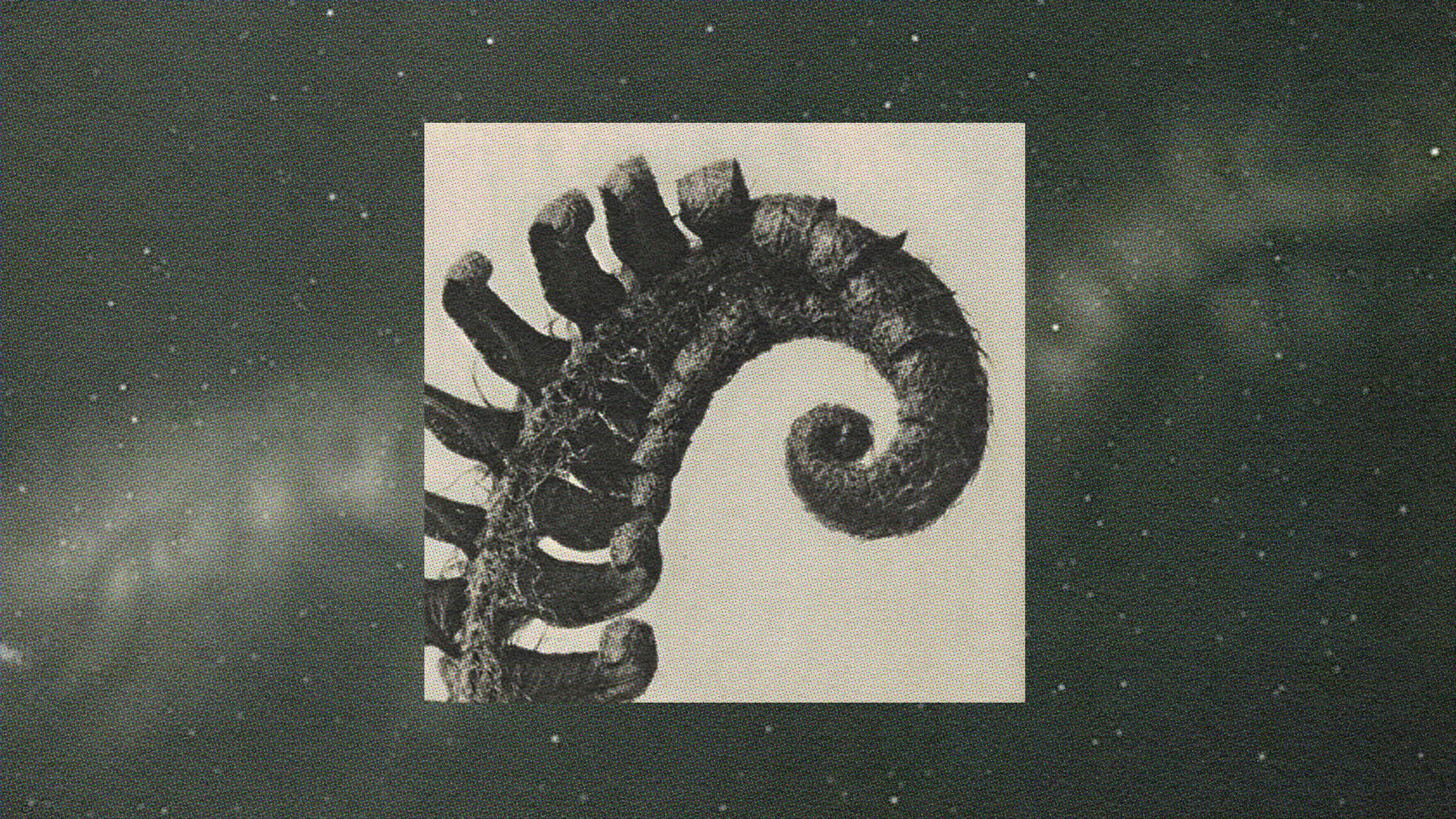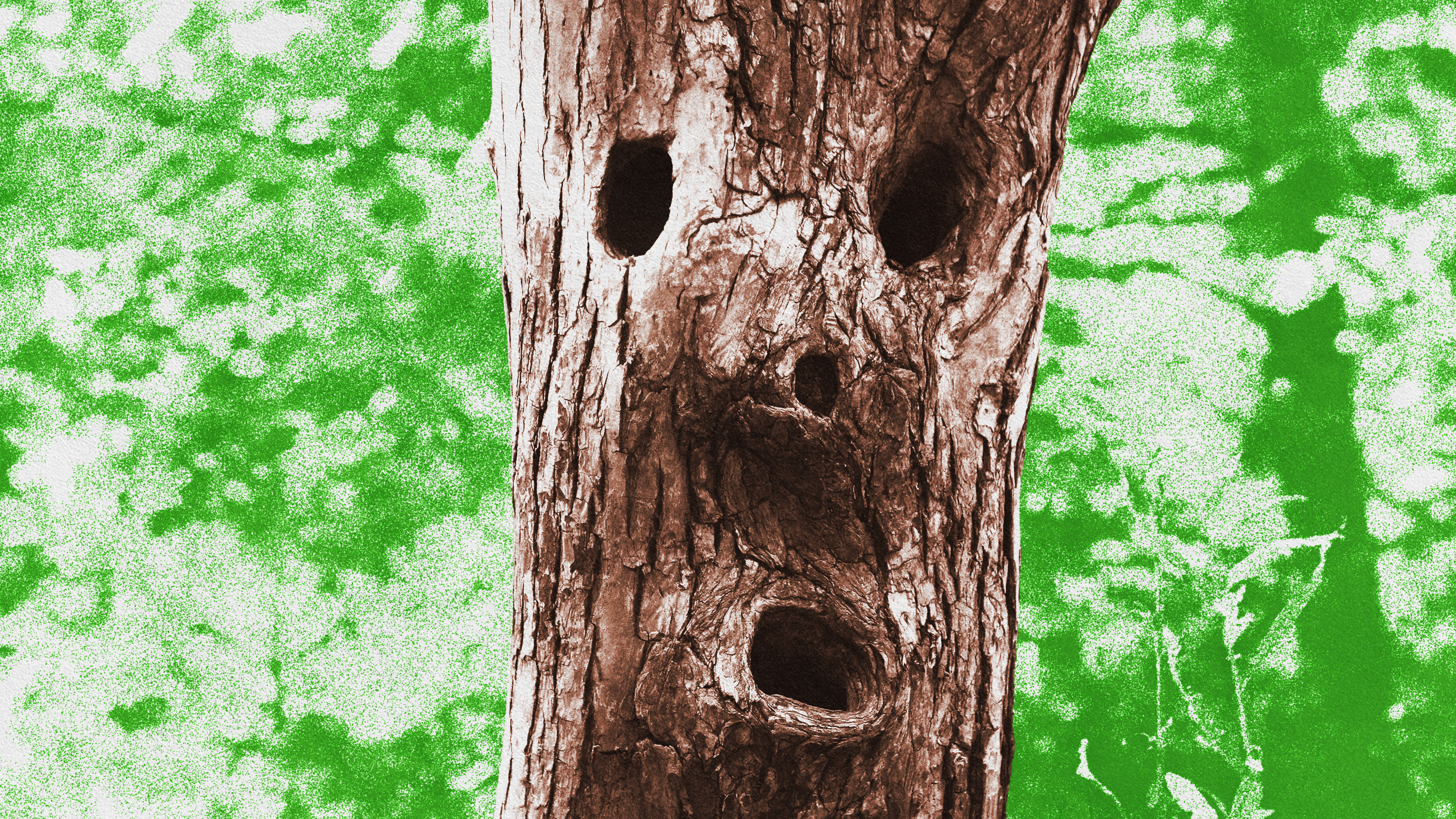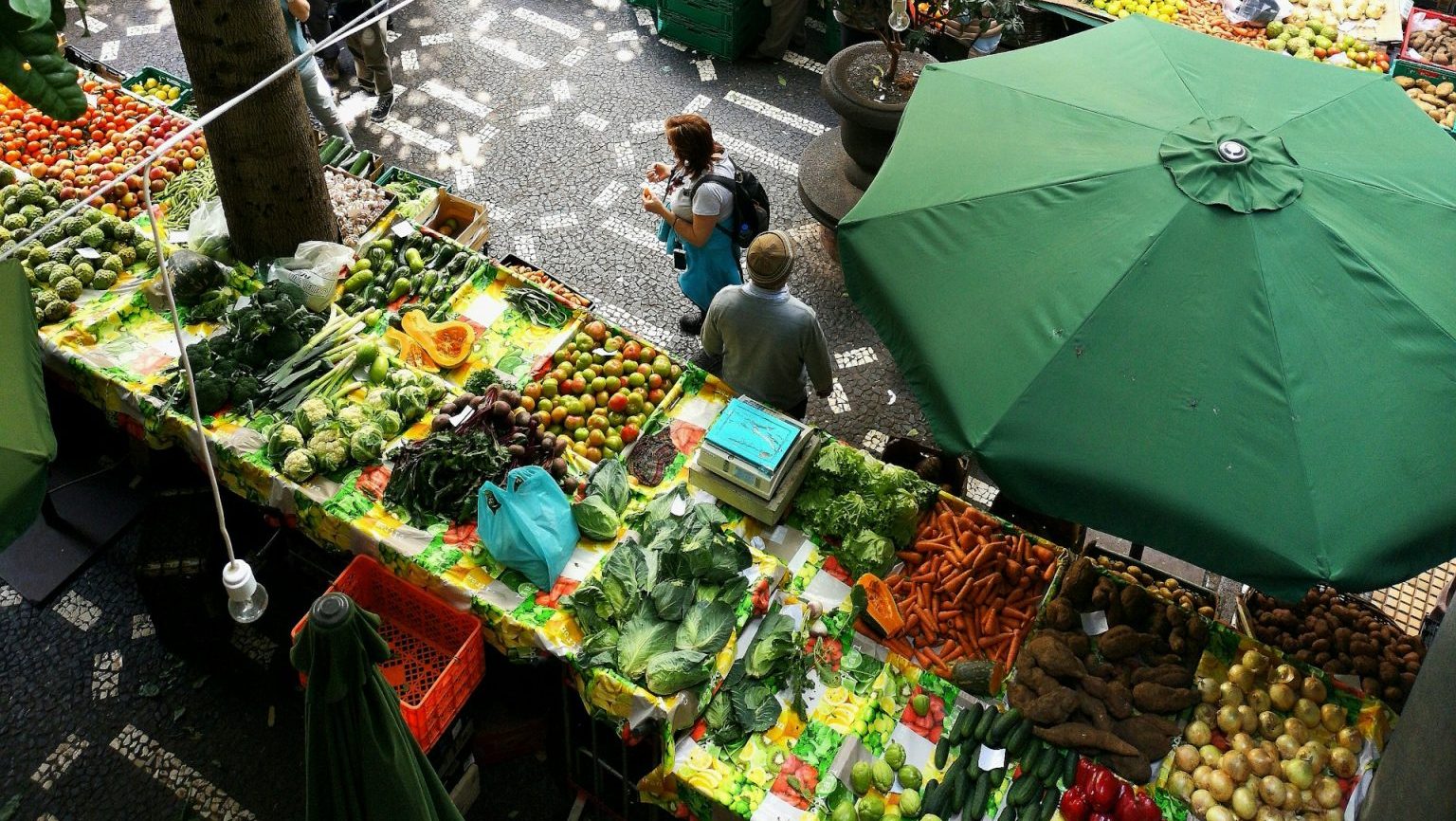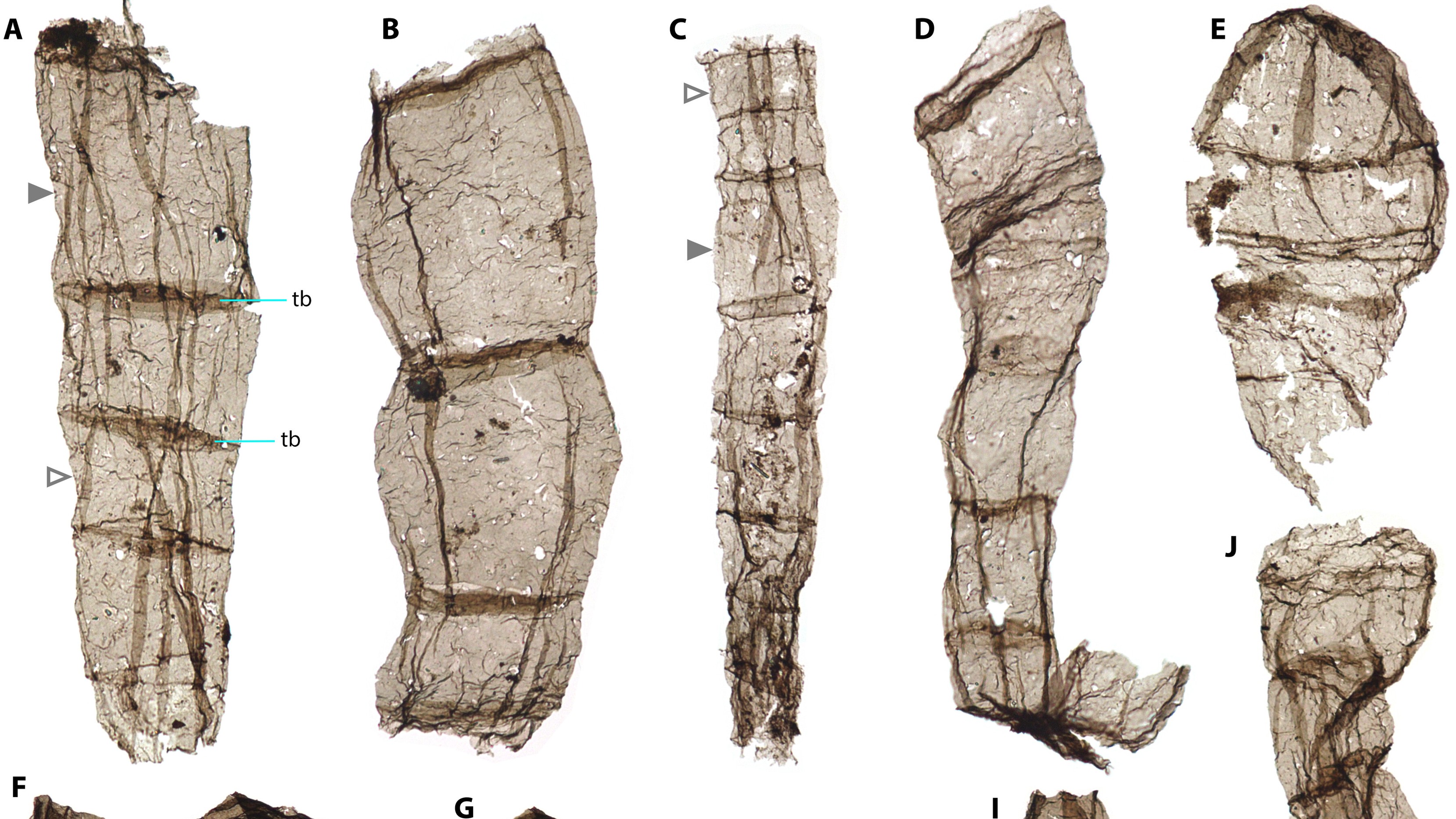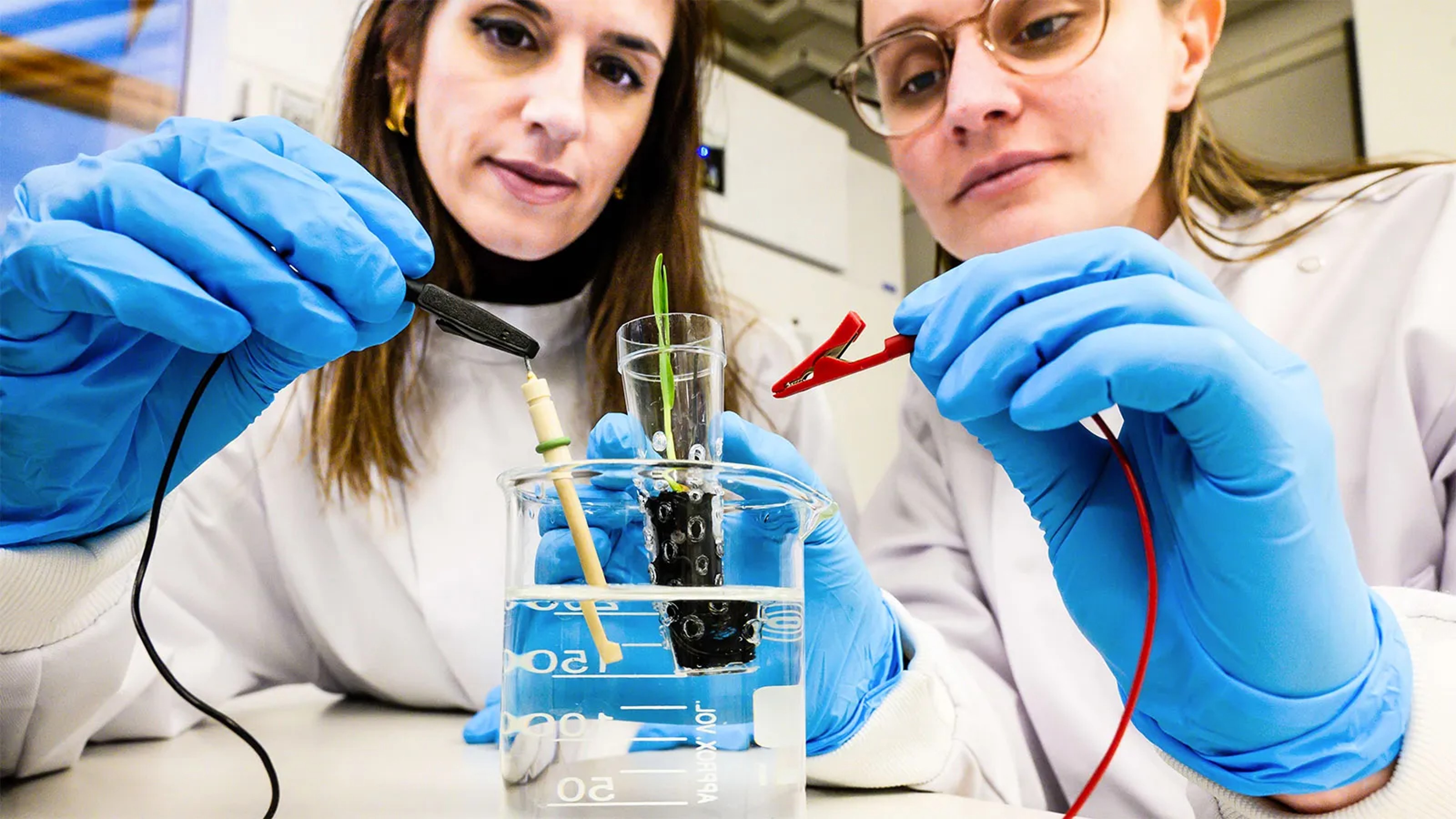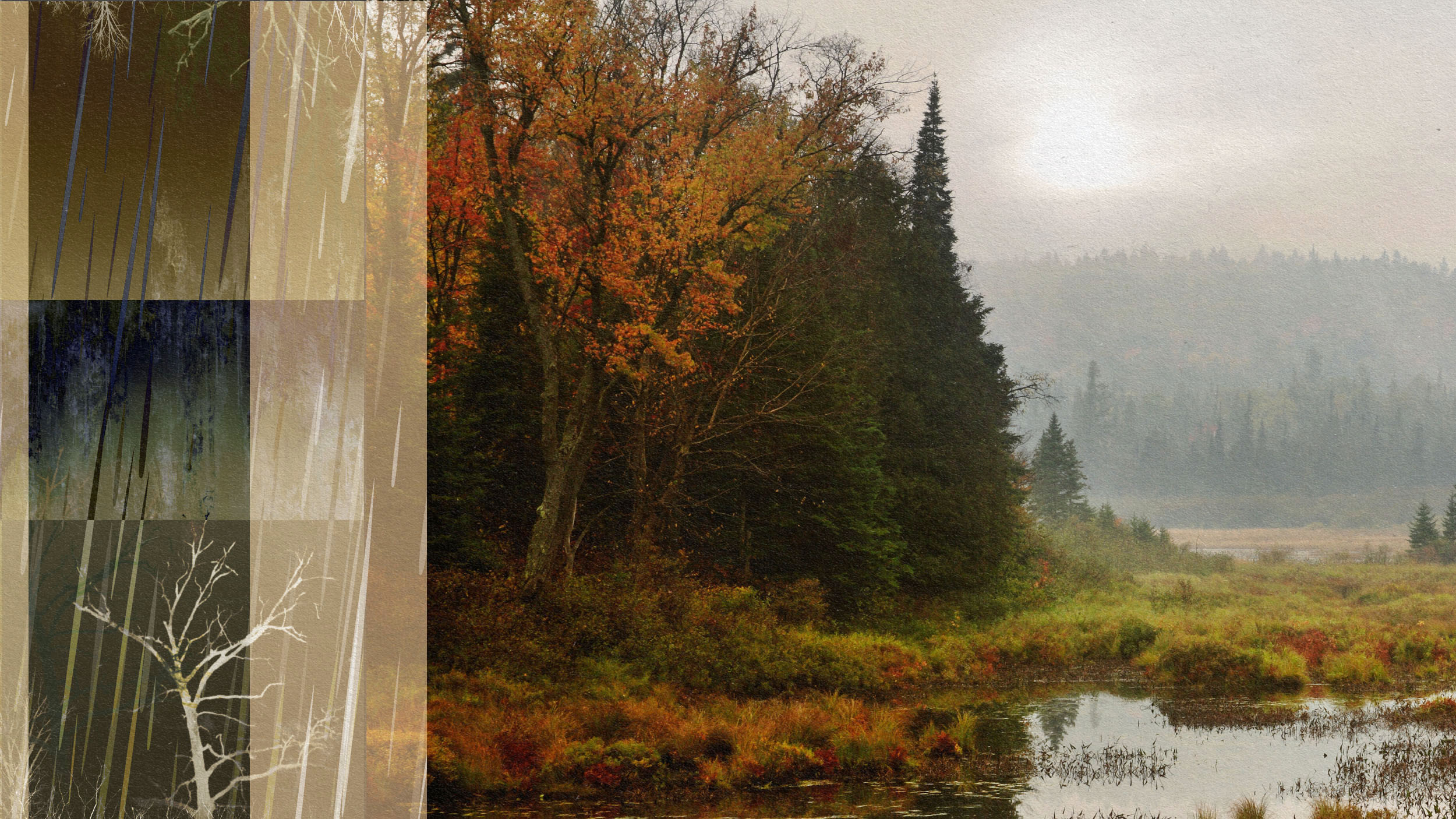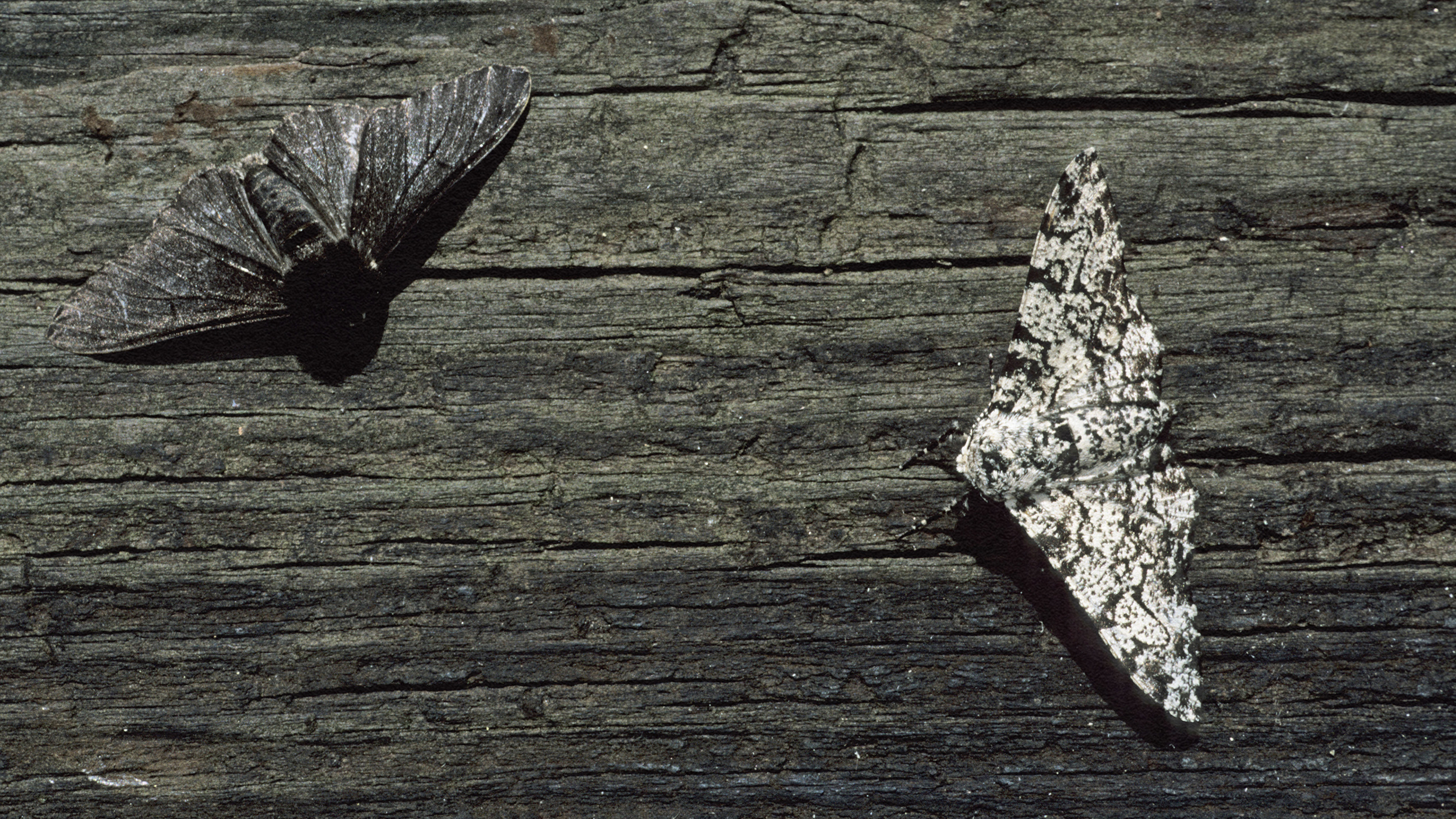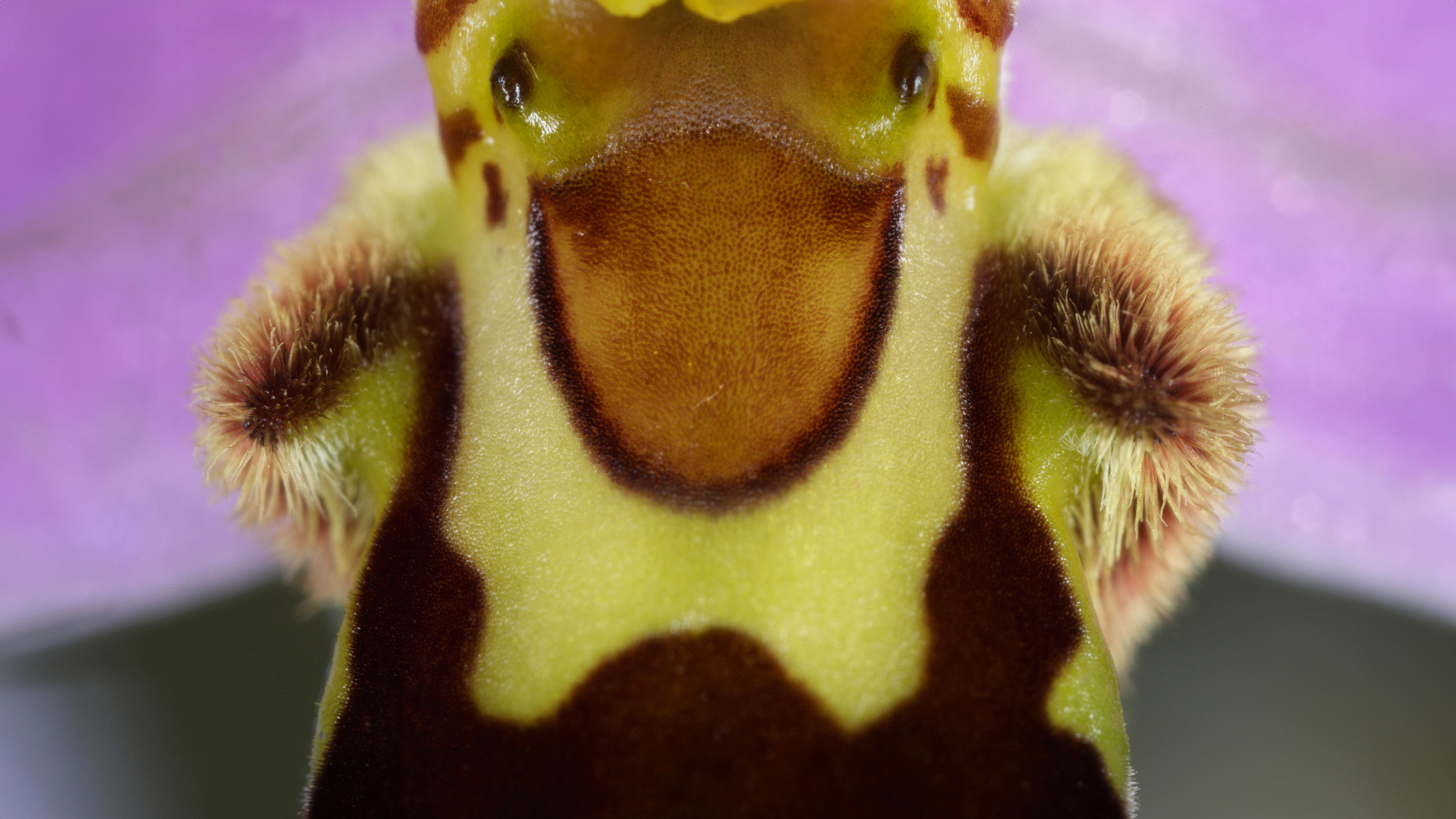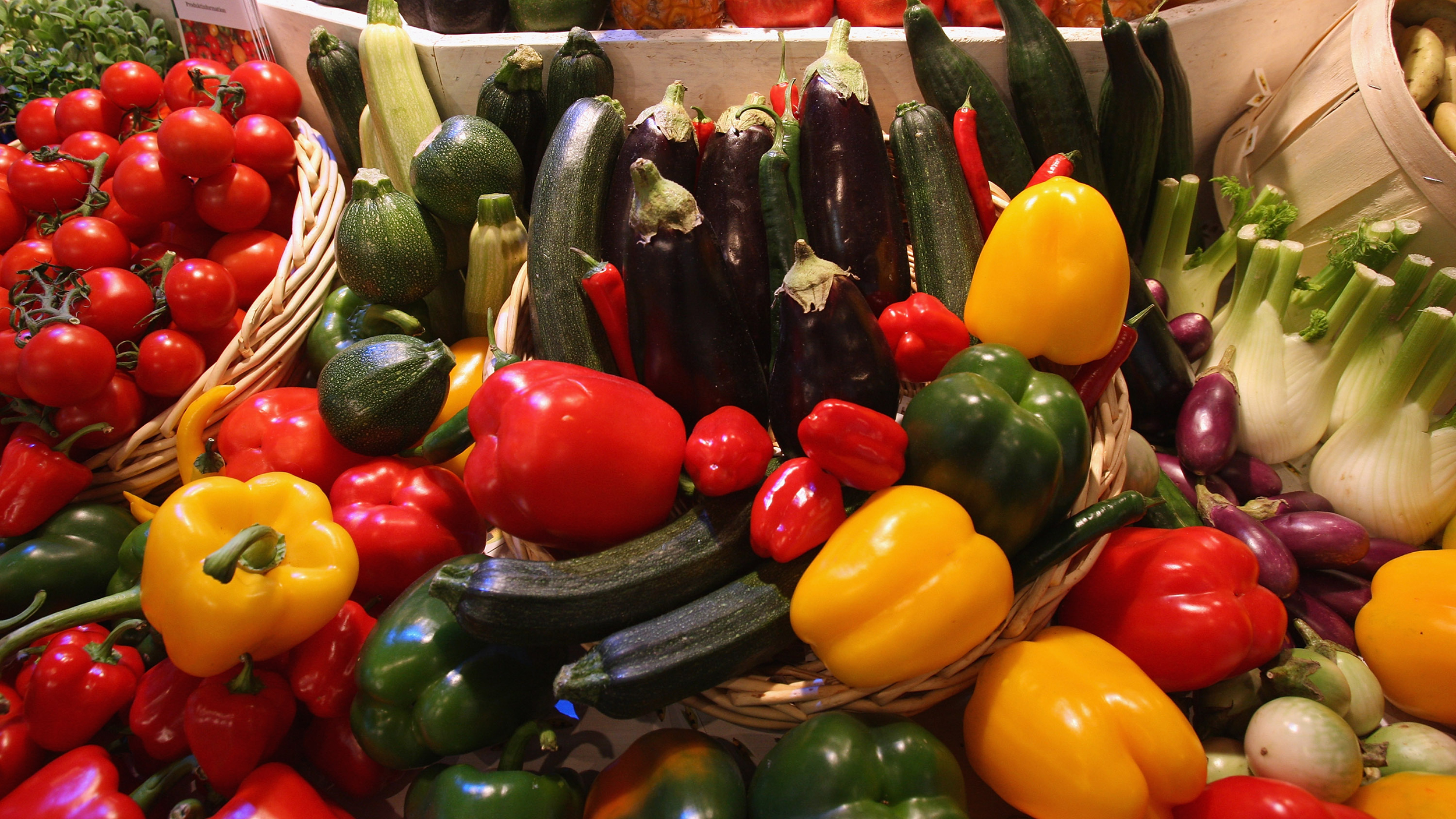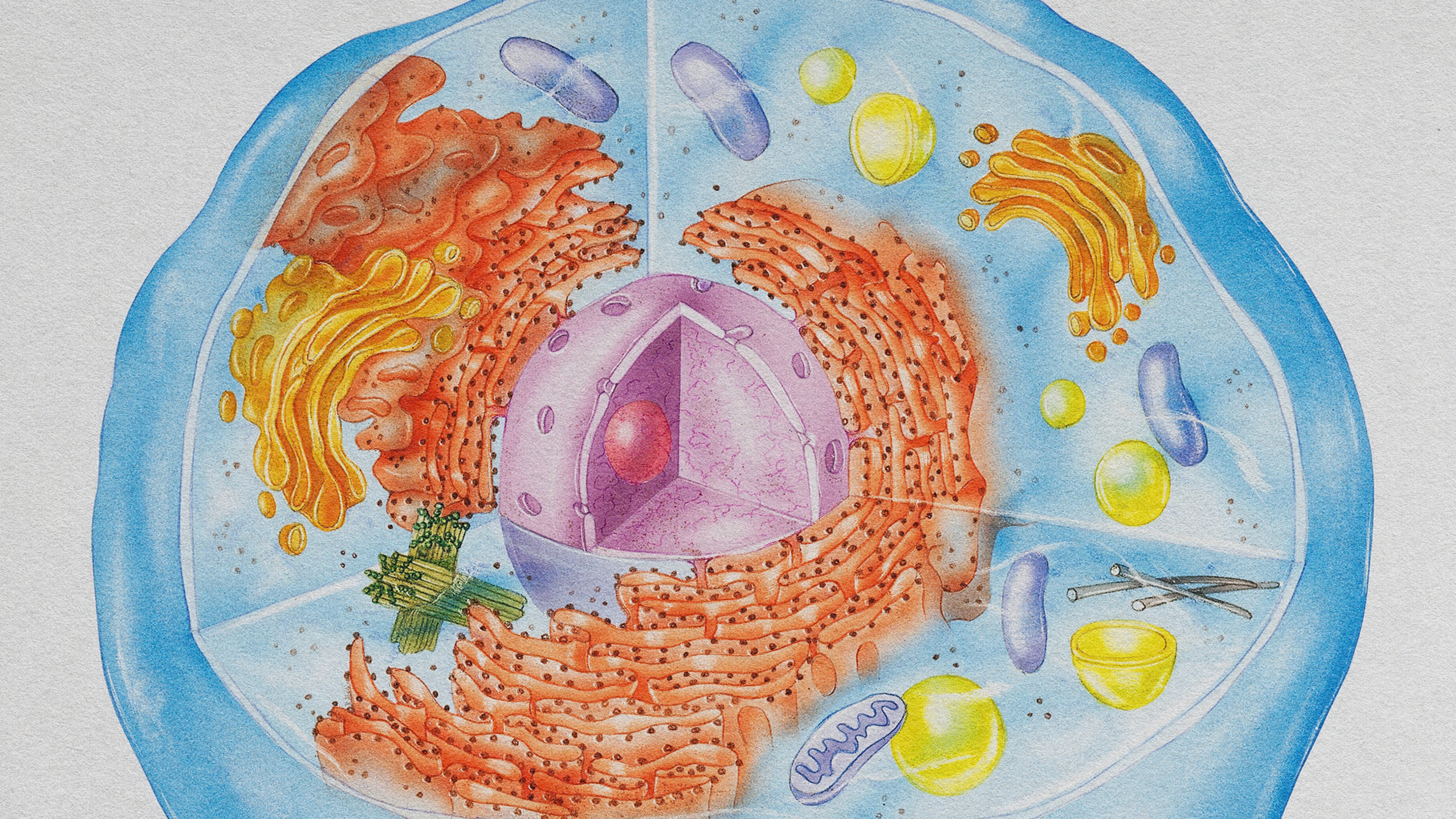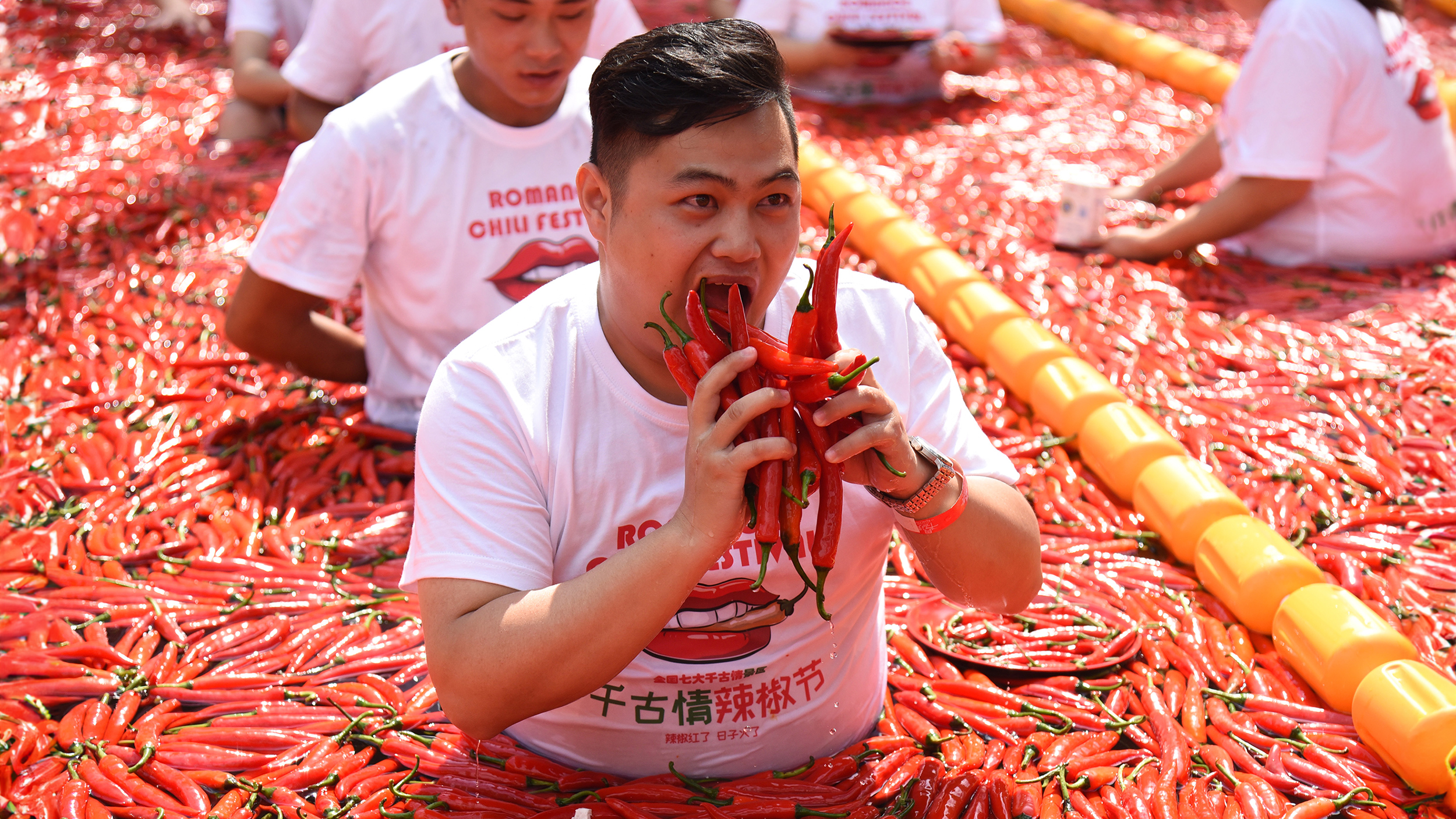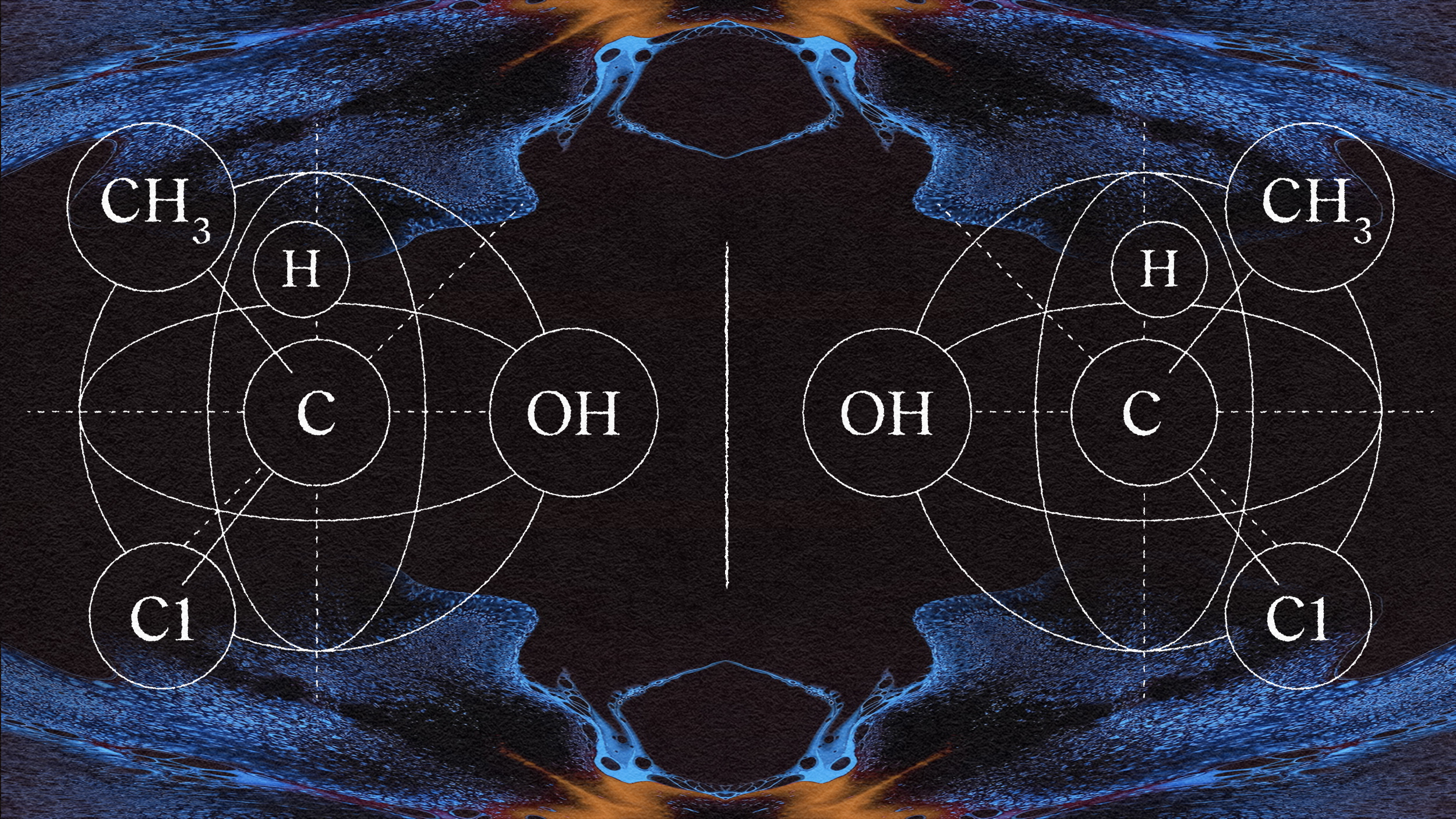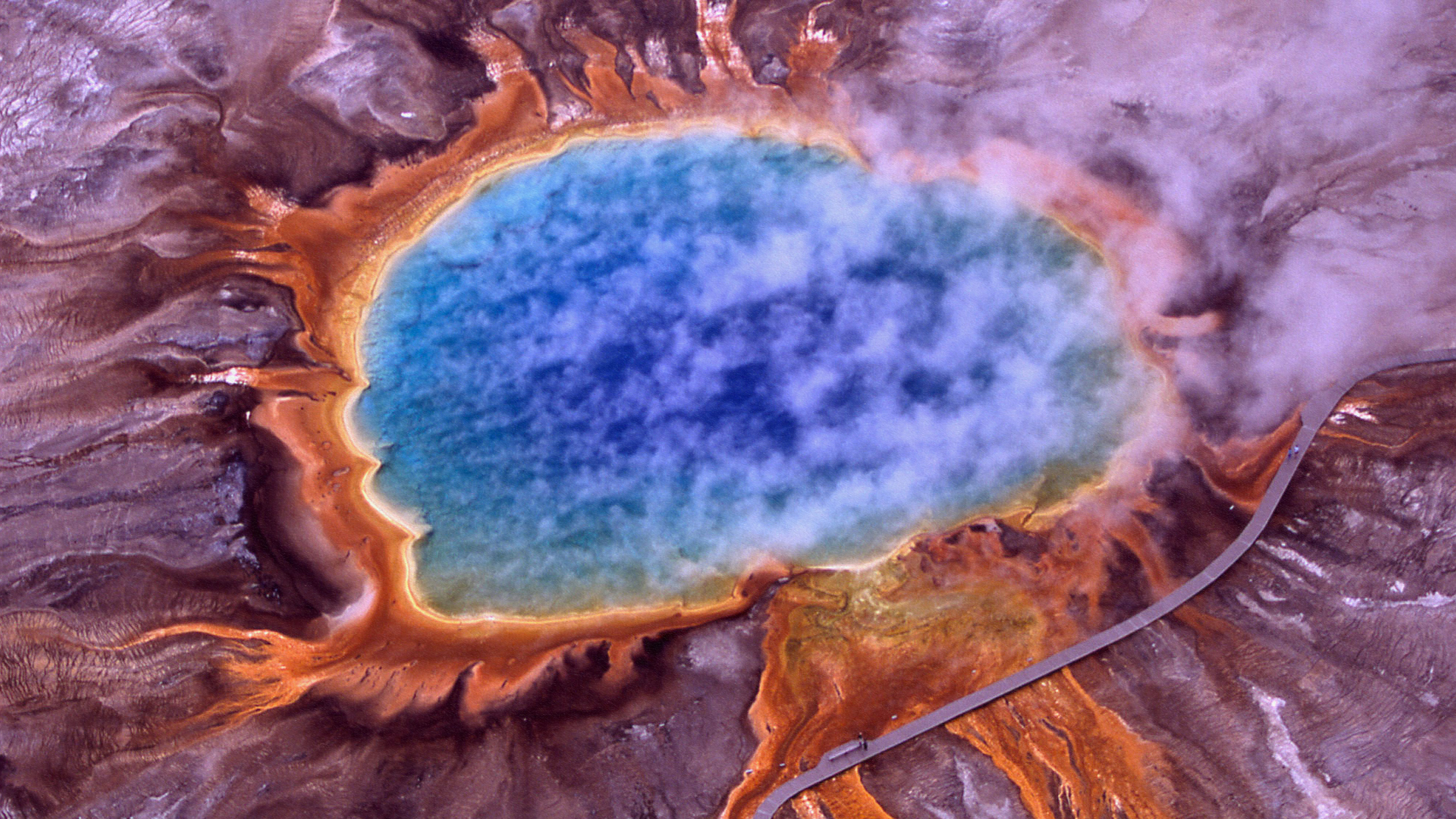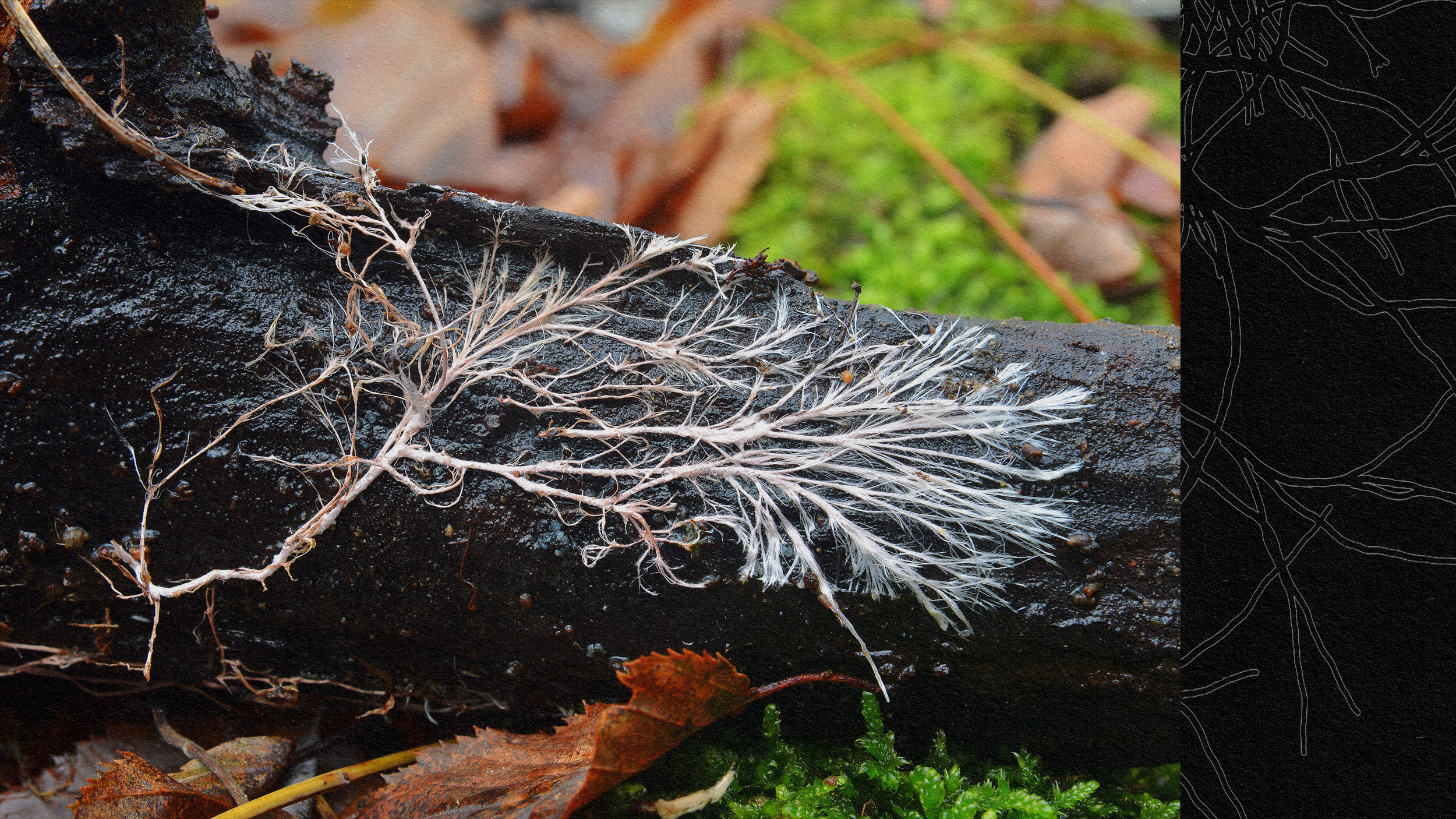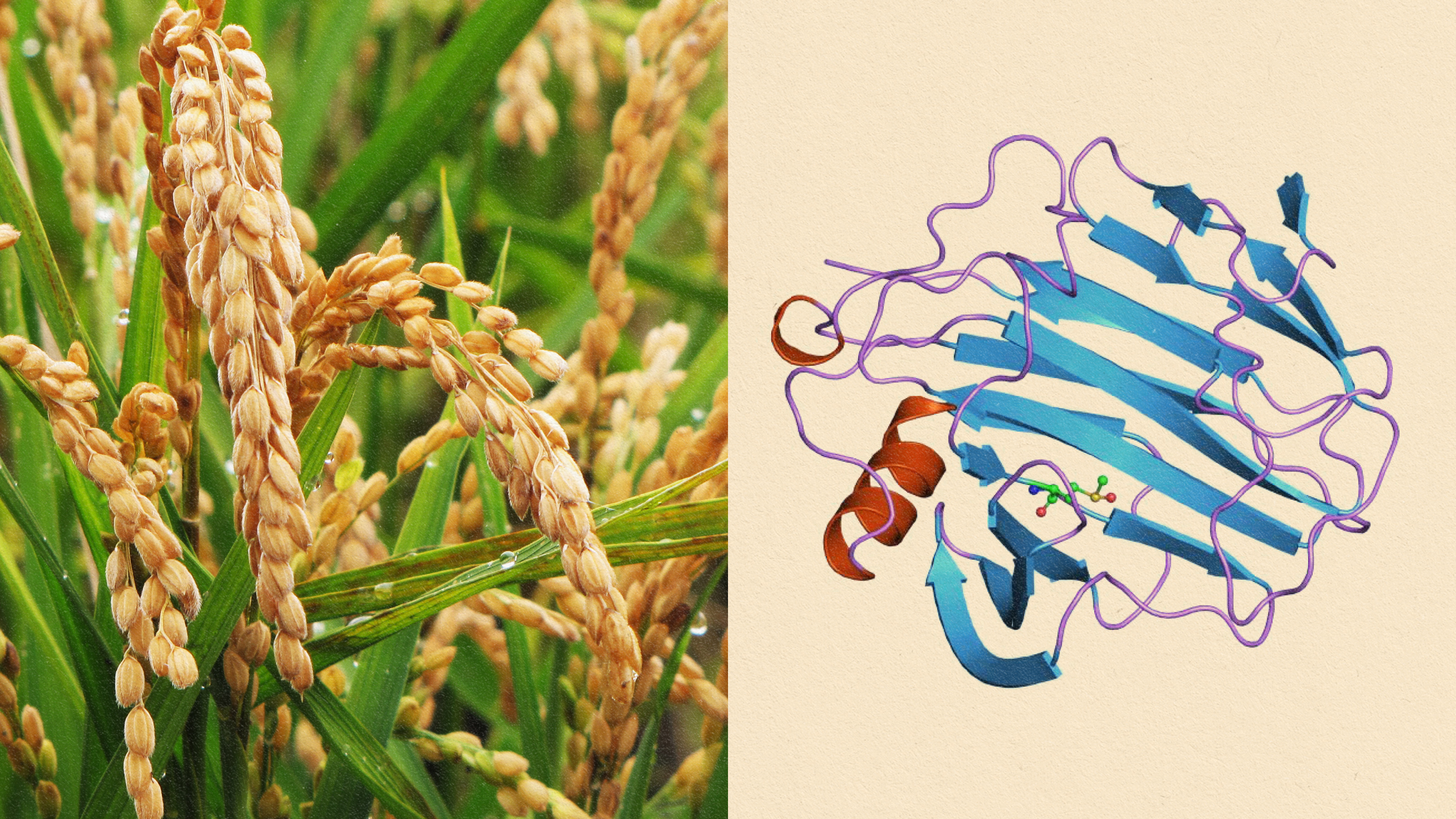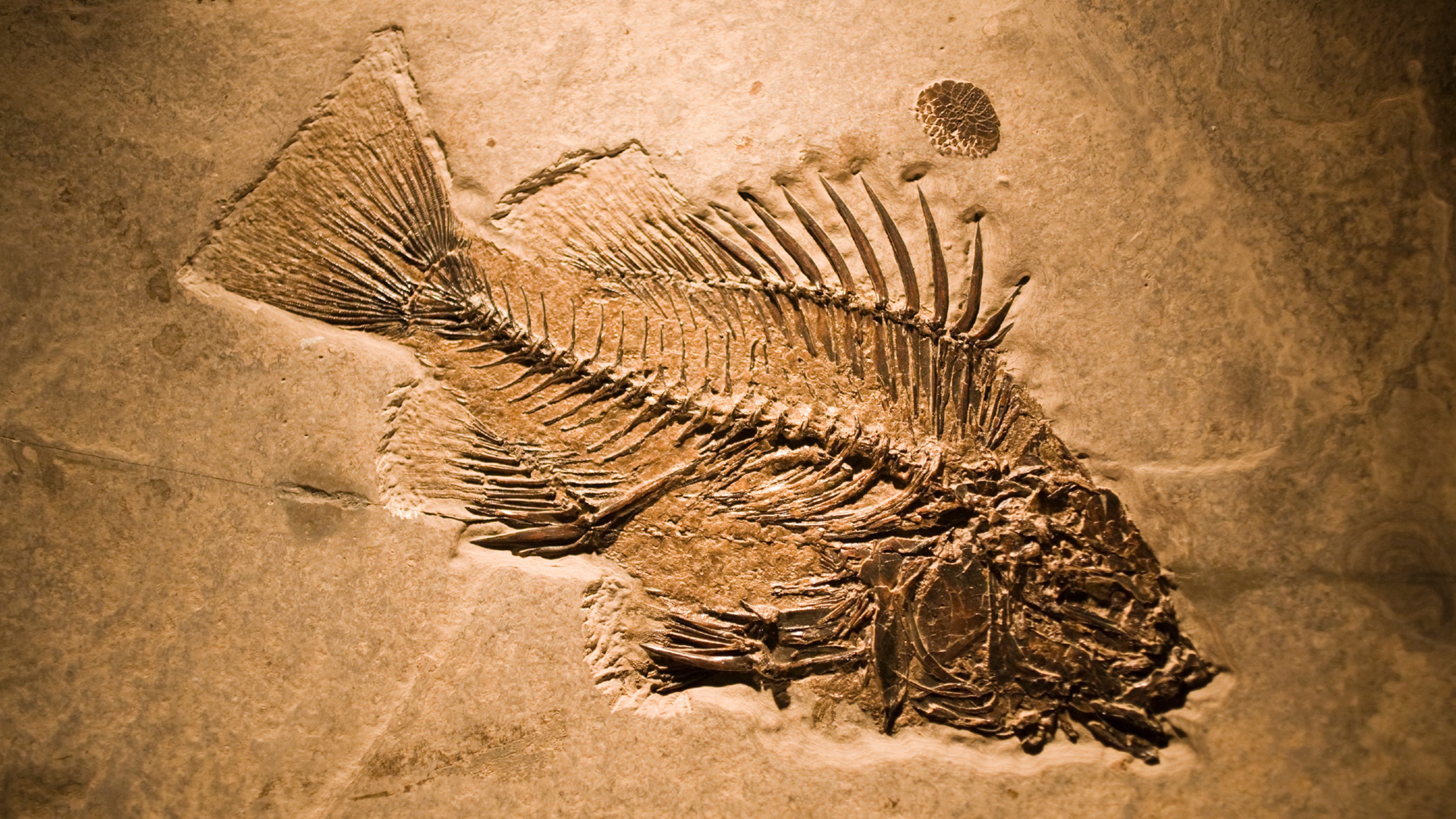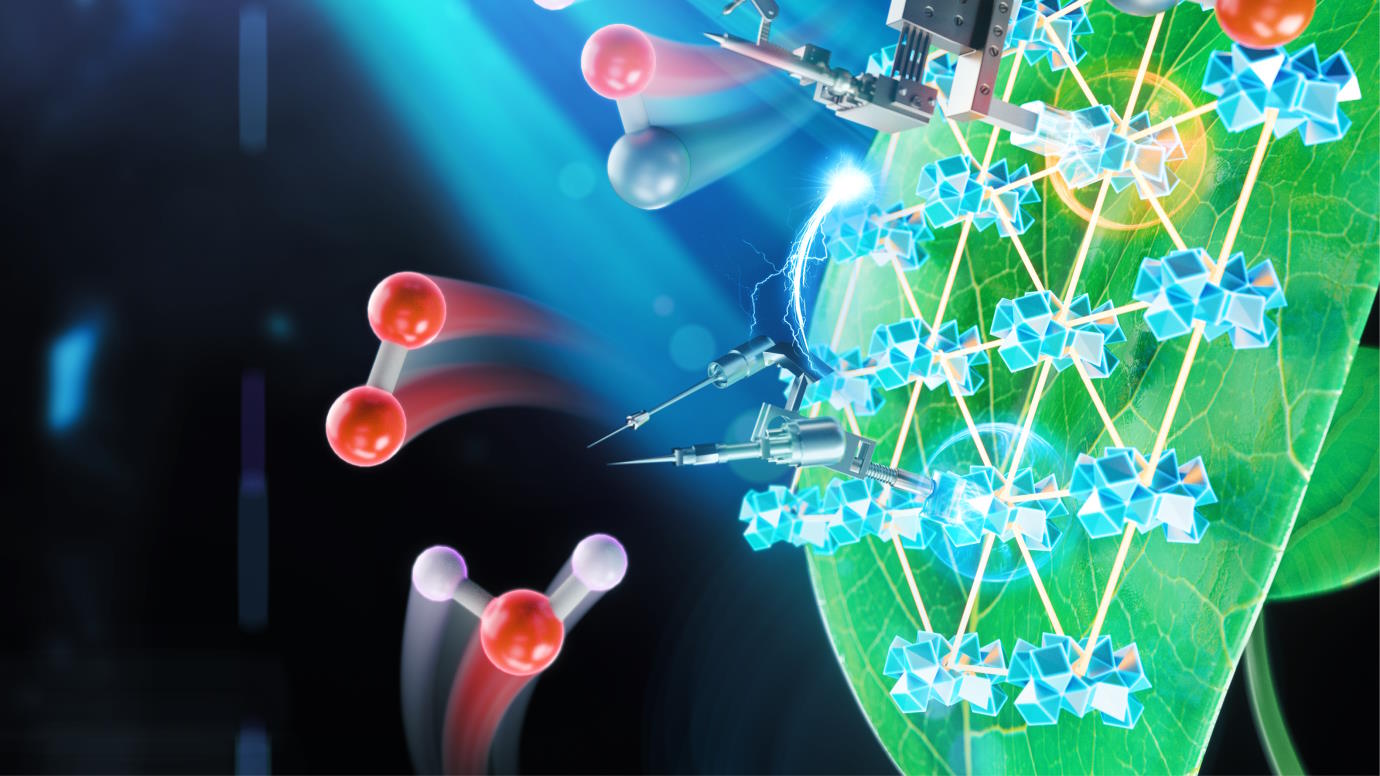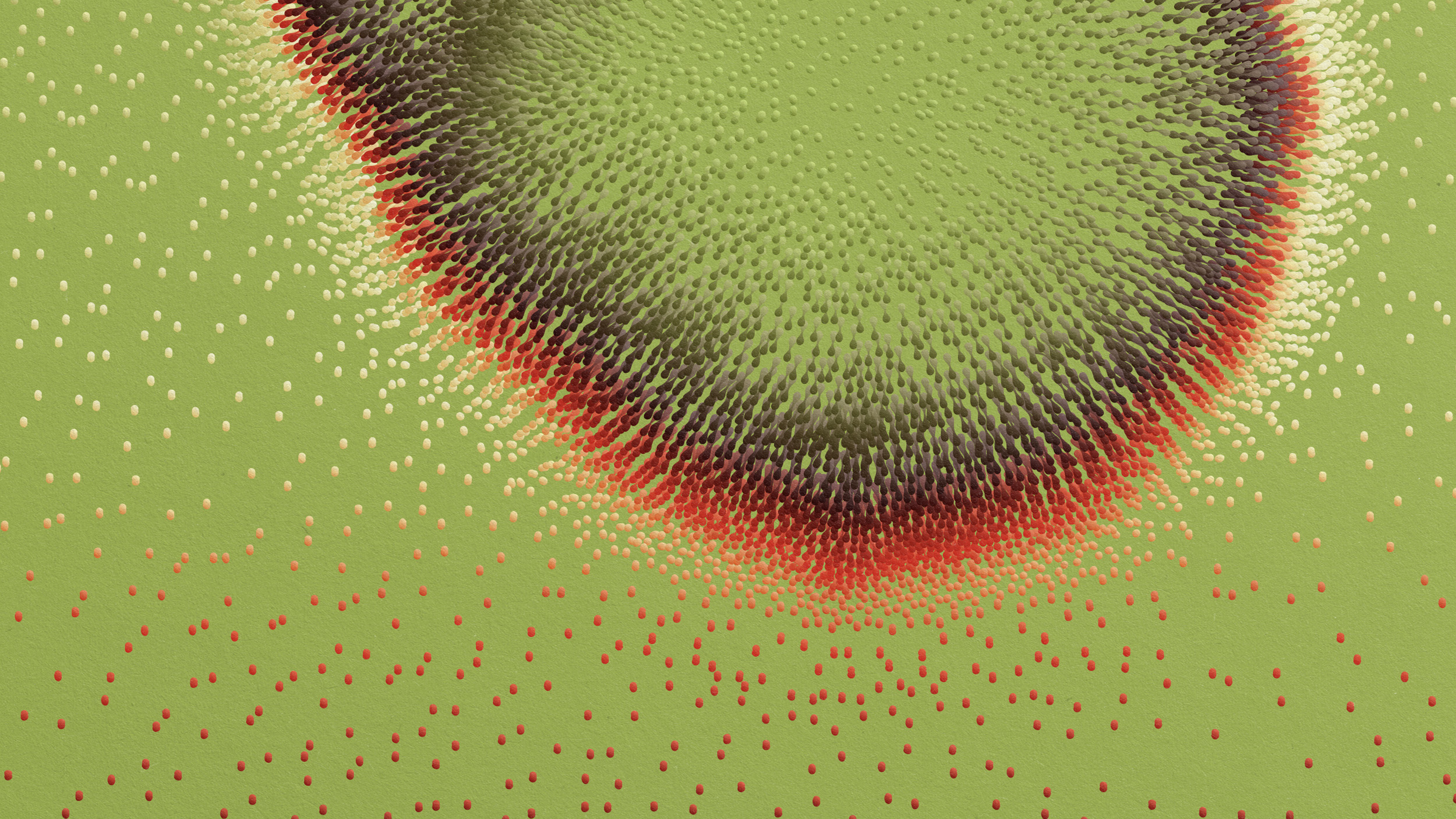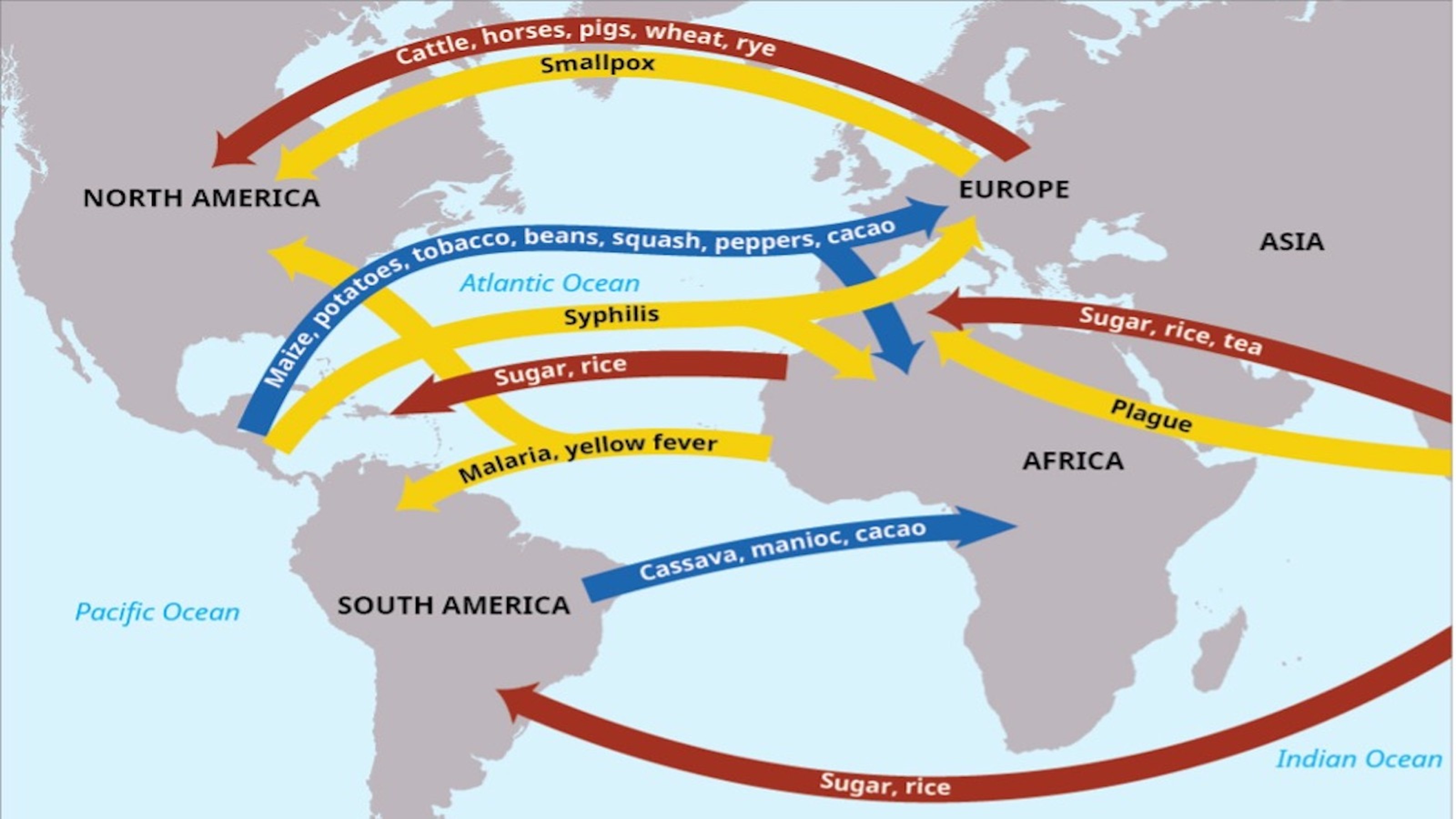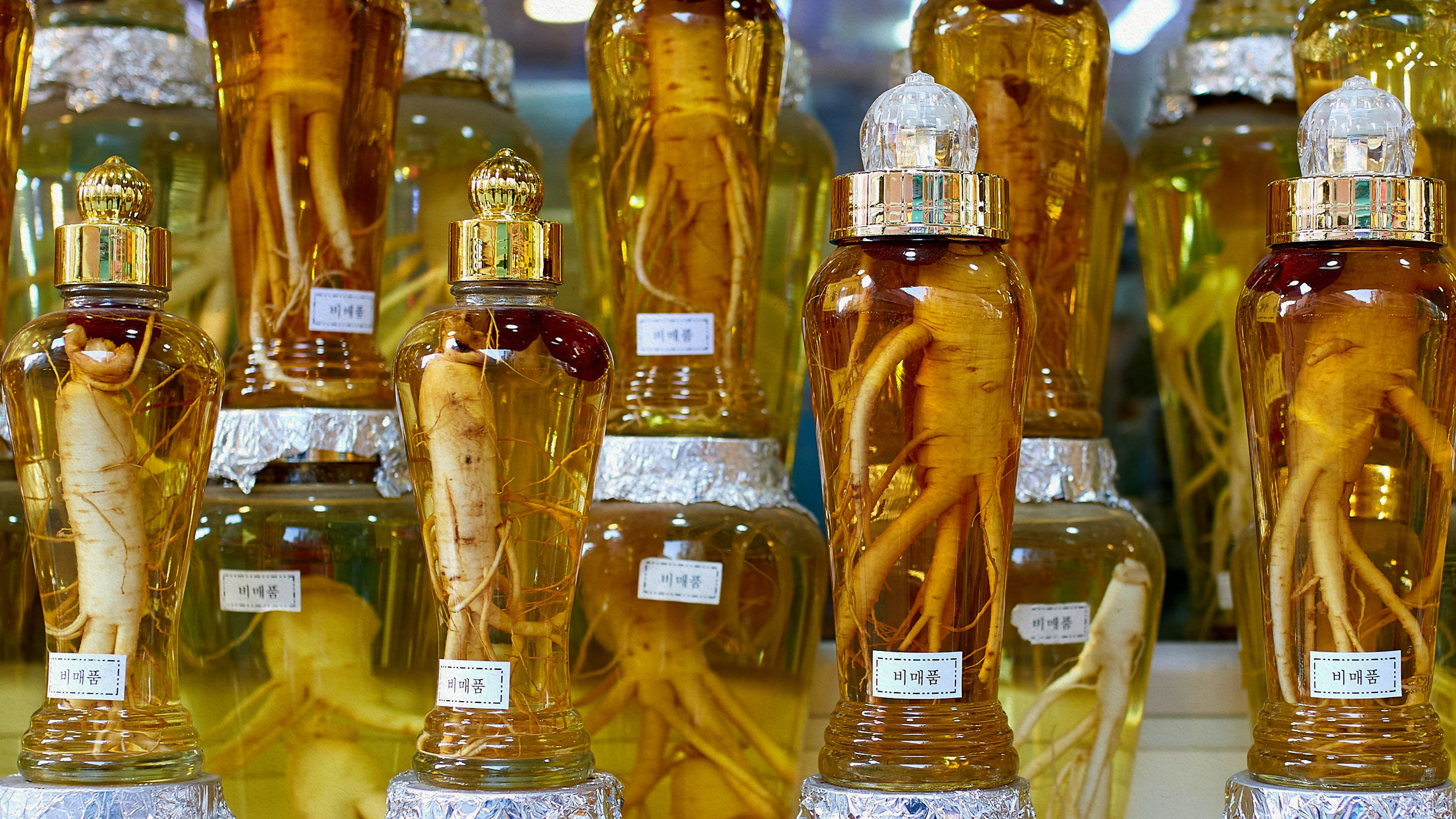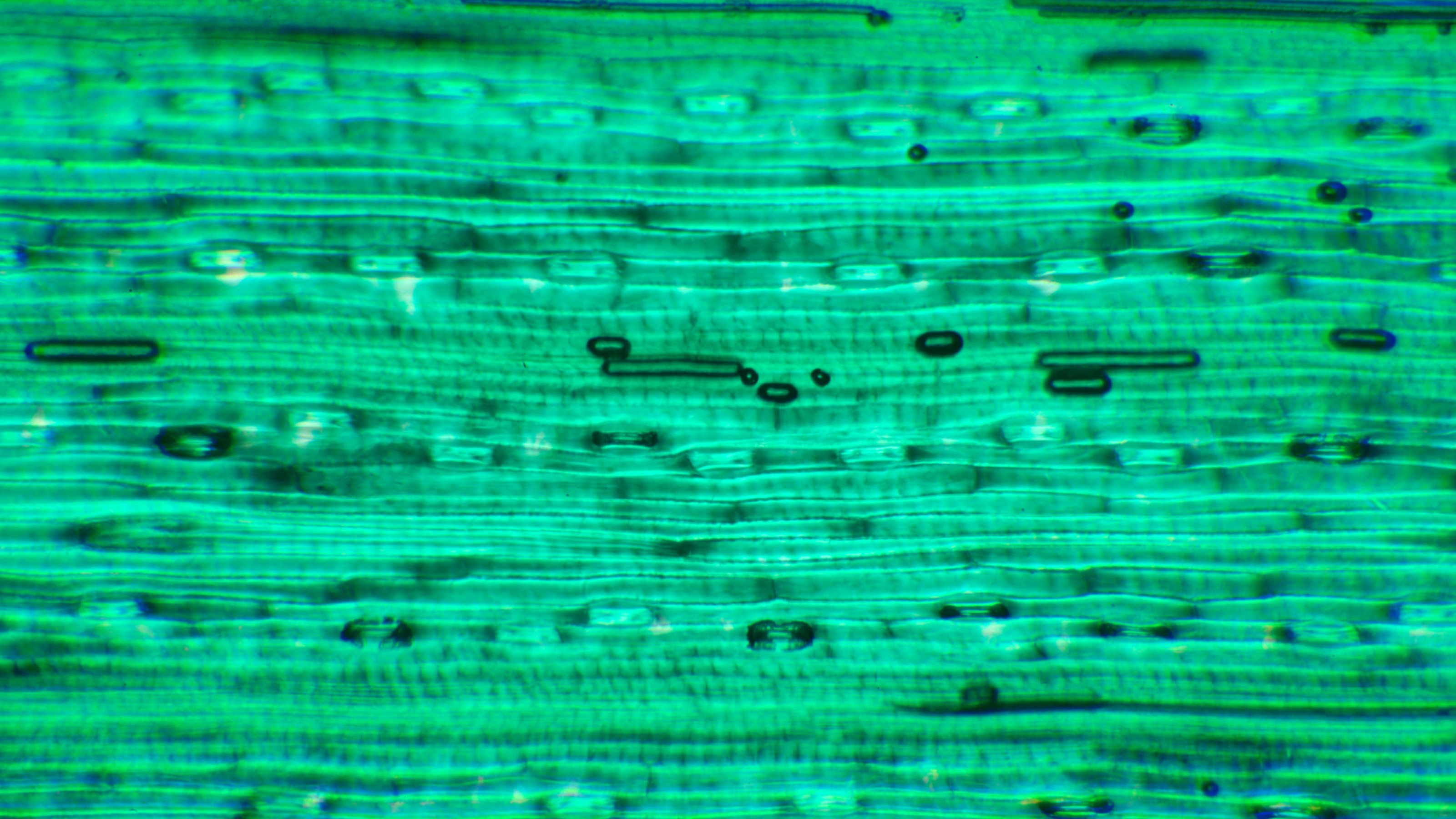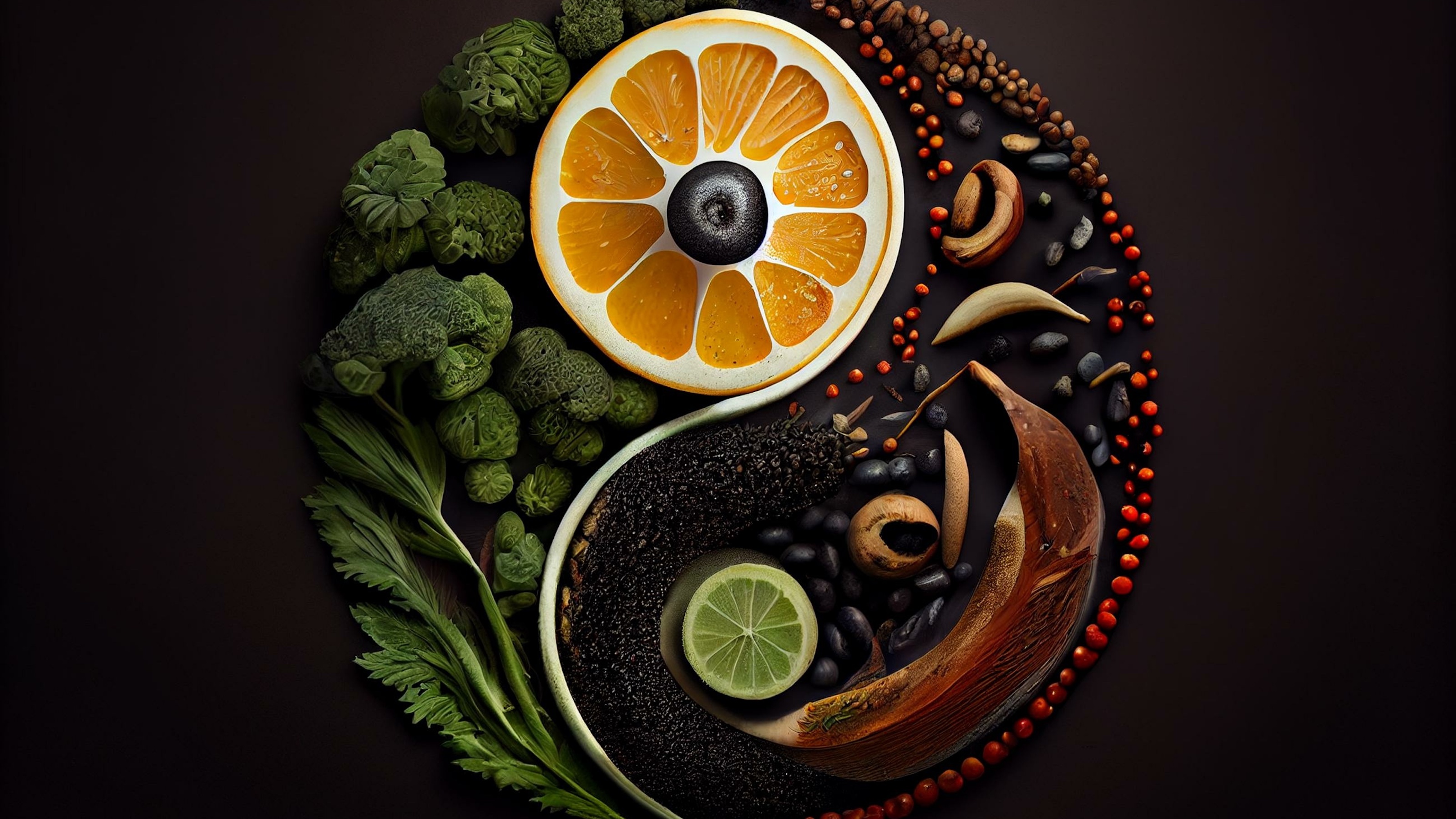plants
A member of a species that kills trees, this mushroom is not the first to be called the Humongous Fungus — and perhaps not the last.
Think twice before stepping on that crunchy top layer of soil.
In “Life As No One Knows It,” Sara Imari Walker explains why the key distinction between life and other kinds of “things” is how life uses information.
The idea of awarding legal personhood to nature has received renewed attention in the contemporary environmental justice movement, but much contention remains.
Hunger rates are rising. These technologies could turn the tide.
Food transport accounted for only 6% of emissions, but the production of dairy, meat, and eggs accounted for 83%
As the world warms, trees in forests such as those in Minnesota will no longer be adapted to their local climates. That’s where assisted migration comes in.
The discovery suggests that the “Boring Billion” period of evolution on Earth wasn’t so boring after all.
The new electrically conductive substrate could be the future of hydroponic farming.
The ominous cloud of acid rain hasn’t vanished but rather drifted toward the developing world.
Without even realizing it, we’ve actually become pretty god-like in our powers.
Antioxidant vitamins don’t stress us like plants do—and don’t have their beneficial effect.
Scientists agree that eons ago, a bacterium took up residence inside another cell and became its powerhouse, the mitochondrion. But there are competing theories about the birth of other organelles such as the nucleus and endoplasmic reticulum.
Capsaicin is already used to treat nerve pain. Early research hints it could do more.
This biochemist is determined to create a new life form by reversing the shape of molecules.
With such a vast Universe and raw ingredients that seem to be everywhere, could it really be possible that humanity is truly alone?
Carnivorous plants fascinate as much now as when their gruesome diet was first discovered.
The world is facing many crises, and we should look to natural interdependence and ancient wisdom as we explore science for solutions.
AI is helping us replace petrochemicals with natural enzymes.
The technology could yield “made-to-order resistance genes” to protect crops against pathogens and pests.
Metaphors like the Great Chain of Being can lead people to misunderstand evolution and humanity’s place in the web of life.
Pain relievers like acetaminophen and ibuprofen are made with chemicals derived from oil. Scientists have shown how to make them from trees.
All biological systems are wildly disordered. Yet somehow, that disorder enables plant photosynthesis to be nearly 100% efficient.
Quantum physics is starting to show up in unexpected places. Indeed, it is at work in animals, plants, and our own bodies.
For better and worse, the Columbian Exchange plugged the Americas into the global system — and there was no going back.
It is generally ineffective, occasionally poisonous, and driving numerous species to the brink of extinction.
Plants at room temperature show properties we had only seen near absolute zero.
De-urbanized lifestyles can be aligned with basic Taoist principles — and remote workers are starting to feel the connection.
The moths in your garden might hear your tomato plant’s pain.
